The United States against American parents
November 9, 2018
By HLEE YANG
The Mirror reporter
Out of 193 countries in the United Nation, only the United States and a couple of other countries do not provide a national paid parental leave policy.
Parental leave is an employee benefit that provides job-protected leave from employment to care for a child following its birth or adoption. National Employment Standards reports that in Australia, for example, an employee is given 12 months leave to care for a newborn.
“The U.S. is absolutely the only high-income country that doesn’t…overwhelmingly the world provides it”, Jody Heymann, director of World Policy Analysis Center, said of paid parental leave.
The United States has the world’s biggest economy with $20.4 trillion in value as of 2018, according to the data from International Monetary Fund (IMF). Although the United States has the largest economy, we are the only developed country to not have a national paid parental leave policy.
Although it is true that we do have some paid parental leave policy, it is not nationally provided. In the United States, only five states (CA, WA, NJ, RI, & District of Columbia) provides a paid parental leave for employees. That’s only five states out of 50.
Many can argue that we don’t need a national paid parental leave policy because there are alternatives like private solutions. One private solution that most American parents have adapted to is sending their kids to daycare, but that in itself creates another problem. Daycare imposes a heavy financial burden for low-income families, consuming about 35% of the household income.
Not only does daycare imposes a heavy financial burden for families, but it’s also not the best quality of care for a newborn. A research done by the National Institute for Child Health and Human Development (NICHD) shows that kids do best if they’re cared for at home by their parents. They experience less stress, have fewer behavioral problems and have, overall, better health.
Private solutions like these may work for some families but don’t for most families living in the United States.
A national paid parental leave policy would also help boost gender equality in the workforce and the health of the mother. Women, particularly, are often overburdened by the demands of the market and the home. In an article in DEMOGRAPHY, Suzanne Dianchi concludes that despite the increase in mother’s labor-market activities, their time spent with their children are nearly constant with those between 1965 and 1998.
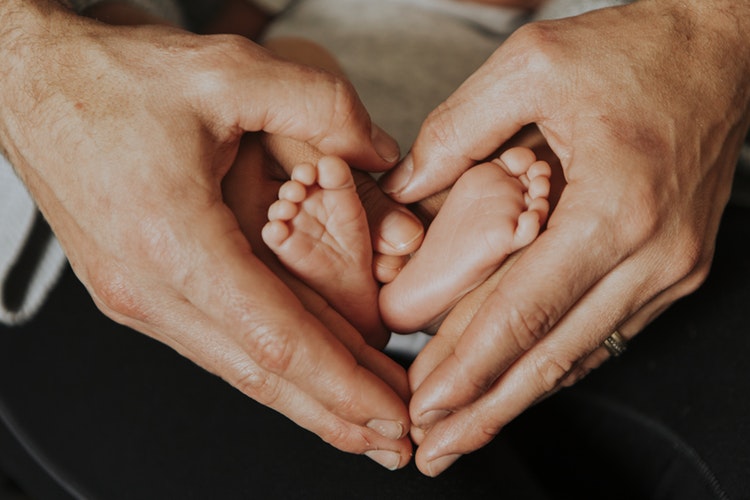 Working an equivalent of a double shift of being a full-time employee and a full-time mom increases their risk of having bad health. Long-term studies show that with paid parental (maternity) leave, women are more likely to breastfeed. Breastfeeding helps lowers the mother and her child’s risk of getting all sort of infectious diseases and increases and improves their cognitive outcomes.
Working an equivalent of a double shift of being a full-time employee and a full-time mom increases their risk of having bad health. Long-term studies show that with paid parental (maternity) leave, women are more likely to breastfeed. Breastfeeding helps lowers the mother and her child’s risk of getting all sort of infectious diseases and increases and improves their cognitive outcomes.
Due to such burdensomeness, about only 42% of American women work full-time jobs year round. Many choose to work part-time so they may have the chance to take care of their child. Although the idea of being a part-time worker and a full-time mom doesn’t sound bad, it is, in a way. It creates another gap in the gender equality of the workforce because these intermittent employments often relegate women to least remunerative and rewarding jobs.
The United States, compared to other nations around the globe, is far behind in providing friendly family policies. A national paid parental leave policy will untimely help boost gender equality in the workforce, improve infant mortality and lessen the financial burdens of parenthood in the United States.
Work Cited
Meyers, Marcia K. and Gornick, Janet. C. “What the United States Can Learn from Europe.” sks.sirs.com/webapp/article?artno=0000128104&type=ART.
Deahl, Jessica. “Countries Around The World Beat The U.S. On Paid Parental Leave.” NPR, NPR, 6 Oct. 2016, www.npr.org/2016/10/06/495839588/countries-around-the-world-beat-the-u-s-on-paid-parental-leave.
“Paid Family Leave Benefits.” Www.nolo.com, Nolo, www.nolo.com/legal-encyclopedia/paid-family-leave-benefits.
“Unpaid Parental Leave.” WA Legislation | Workplace Info, workplaceinfo.com.au/payroll/leave/unpaid-parental-leave.
Barnes, Medora W. “Parental Leave.” Encyclopædia Britannica, Encyclopædia Britannica, Inc., 2 May 2016, www.britannica.com/topic/parental-leave.

























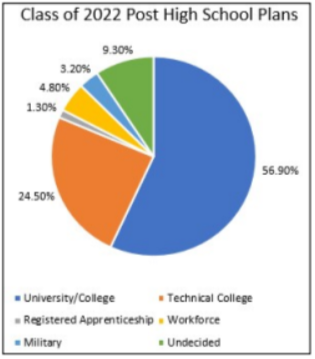
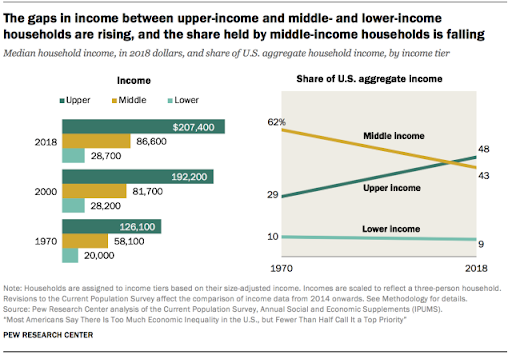
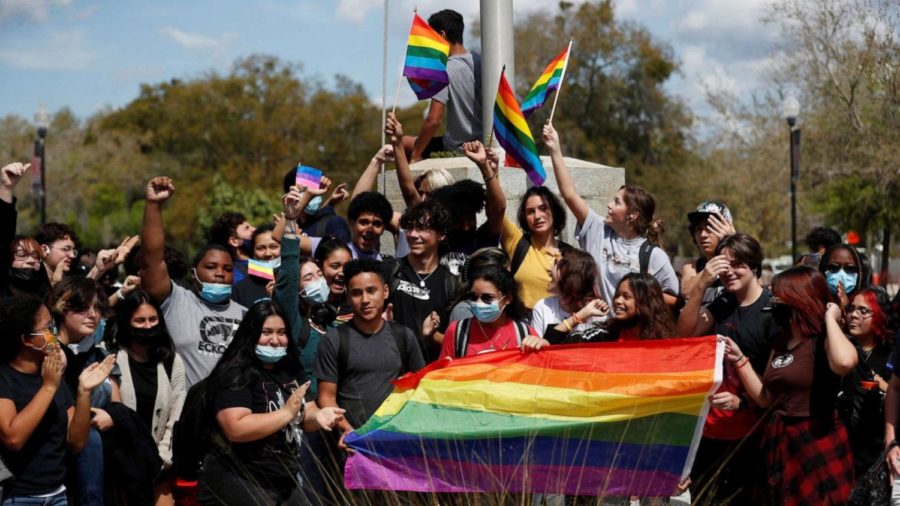










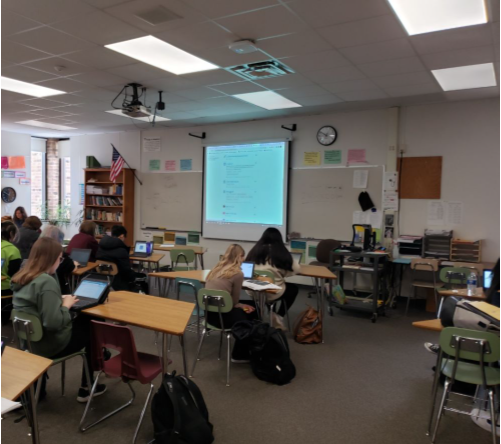
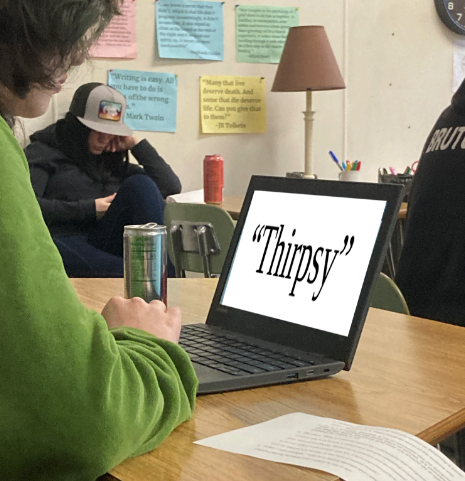







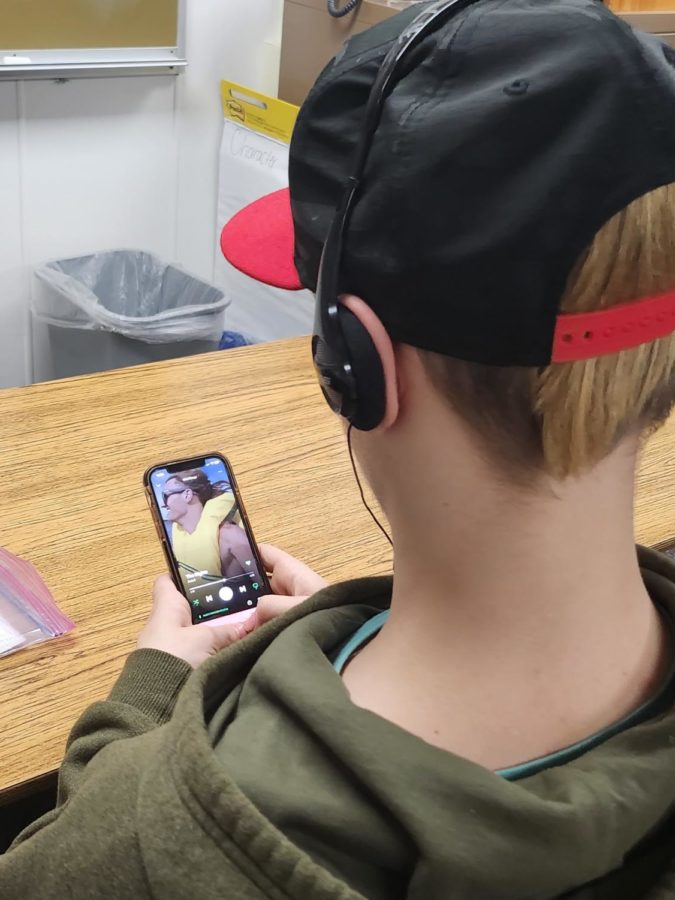










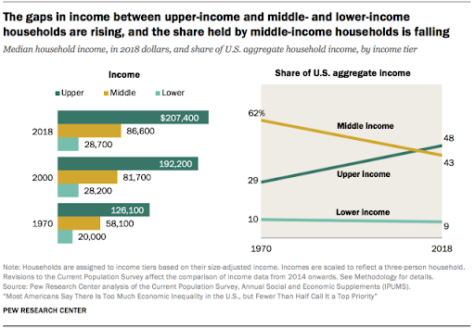

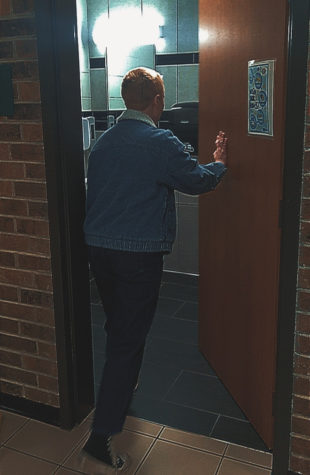

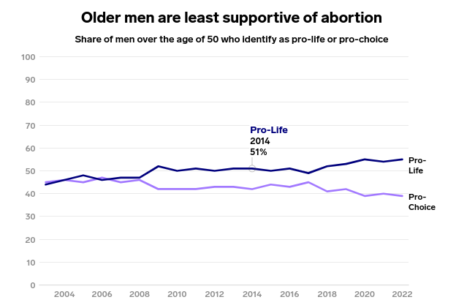
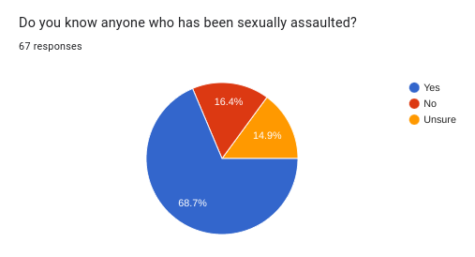
Maryann Silva • Nov 19, 2018 at 7:19 AM
Great job on this article! Very interesting something. I’ve never heard about some of the things in this article. Thanks so much for this!! Great job.
Soren Luther • Nov 18, 2018 at 7:47 PM
Good job with your article! Providing a national paid parental leave policy would help to fix a variety of problems. Hopefully, in the future, we will see an improved stance towards helping American parents.
Justice Chukwuemeka • Nov 16, 2018 at 11:19 AM
Great article. I believe the U.S should pay women when the leave to care for the child(ren).
Bryant VanRossem • Nov 16, 2018 at 11:15 AM
Great article, I did not know about some of these things and you brought up how they would affect if it happen and what its doing now. Great job, keep up the good work
Willow • Nov 16, 2018 at 11:07 AM
Wow! I didn’t know that the US is one of the only countries in the United Nations that didn’t have the protected leave policy.
Rachel Placeway • Nov 15, 2018 at 10:41 AM
I enjoyed the topic you decided to write about. I thought it was very well written and you had some great points to support your opinion.
Madison Rindahl • Nov 14, 2018 at 11:24 AM
I really enjoyed your article a lot. I think you made some great points about parental leave in Australia to the United States. Can’t wait to read more!